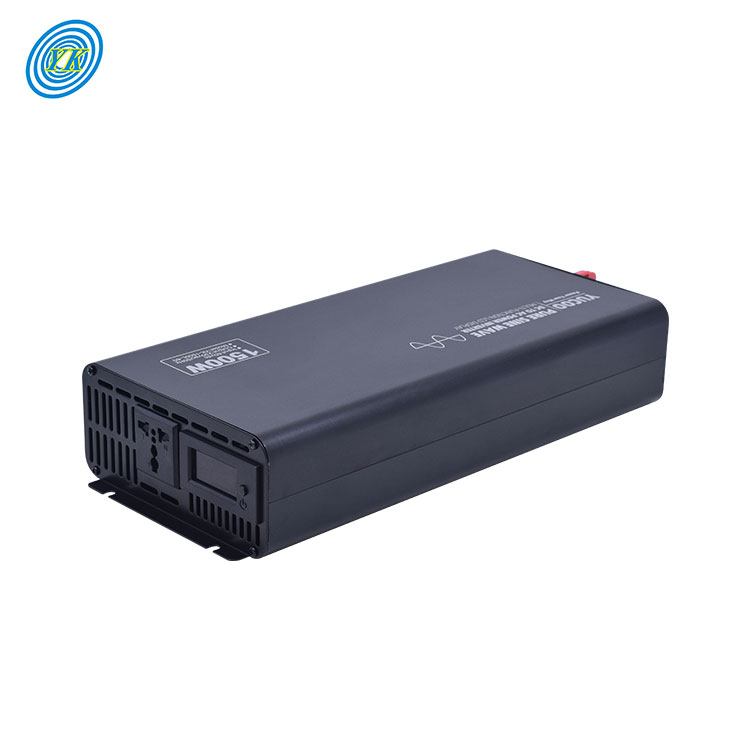News
How does the inverter change people’s lives?
Click: 1396 Date: 06/13/2023 4::33::03 PM

Inverters have revolutionized the lives of people across the world, making electricity more accessible and affordable. Inverters are electronic devices that convert direct current (DC) to alternating current (AC). They are used in a wide range of applications,from solar power systems to telecommunications equipment and consumer electronics. The most significant impact of inverters has been in the area of solar power systems. In older solar systems DC generated by the panels was stored in batteries and later converted to AC using a battery-based inverter. This was an inefficient and costly process that required frequent maintenance and battery replacements. However, with the introduction of string inverters and microinverters, solar panels can now be directly connected to the power grid without the need for a battery. Inverters have also made it easier to power homes and businesses in areas with unreliable power supply. By using an inverter, people can switch to backup power during blackouts, allowing them to continue with their activities without interruptions. This has been particularly helpful in hospitals, schools, and other critical facilities where continuous power supply is essential.
Moreover, inverters have facilitated the use of renewable energy sources such as wind and solar power. With an inverter the power from these sources can be converted into AC, which can then be used to power homes and businesses. This has helped to reduce reliance on non-renewable energy sources and cut down on carbon emissions, contributing to a greener and more sustainable planet.
In addition, inverters have made it easier to use electronics and appliances that require AC power. This includes computers, televisions, fridges, air conditioners, and other consumer electronics. With an inverter, people no longer have to rely on expensive generators or spend long hours in queues at the electricity distribution companies. This has improved the quality of life for people in remote areas and those with limited access to electricity.
In conclusion, inverters have brought about significant changes in the way people live and work today.From powering solar panels to providing backup power and enabling the use of renewable energy sources,inverters have made electricity more accessible and affordable. As technology continues to advance, it is likely that inverters will continue to play a critical role in shaping the future of power generation and distribution.